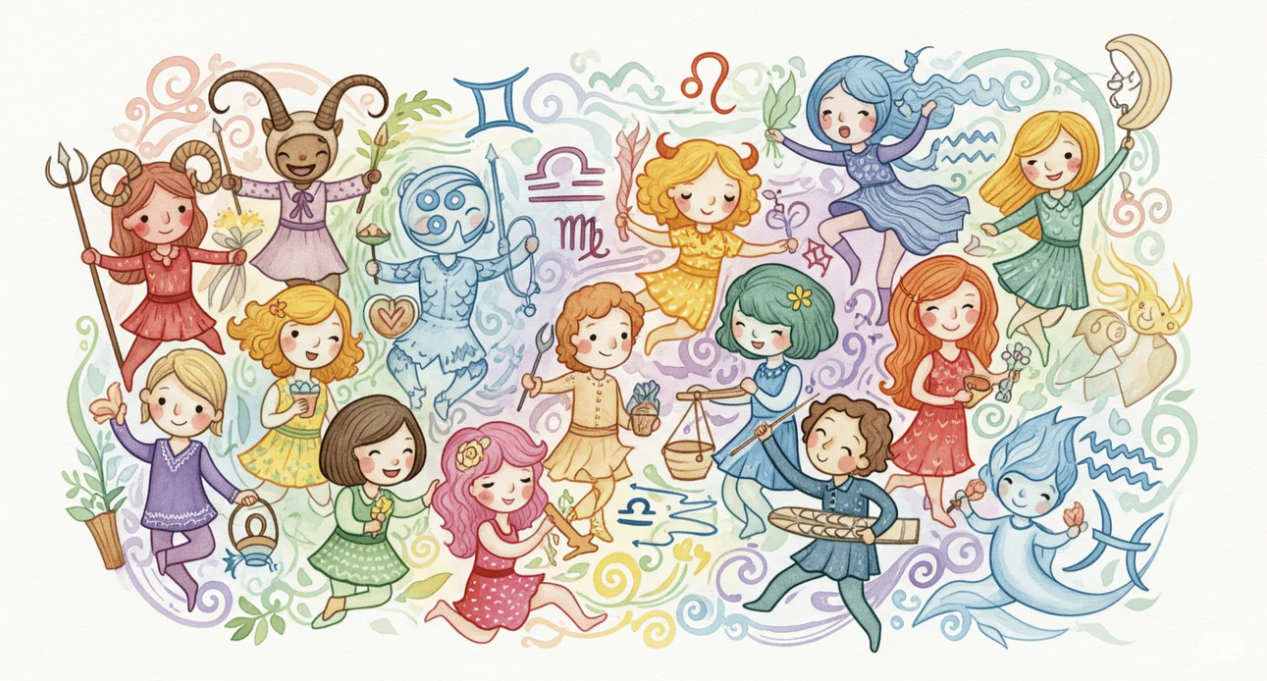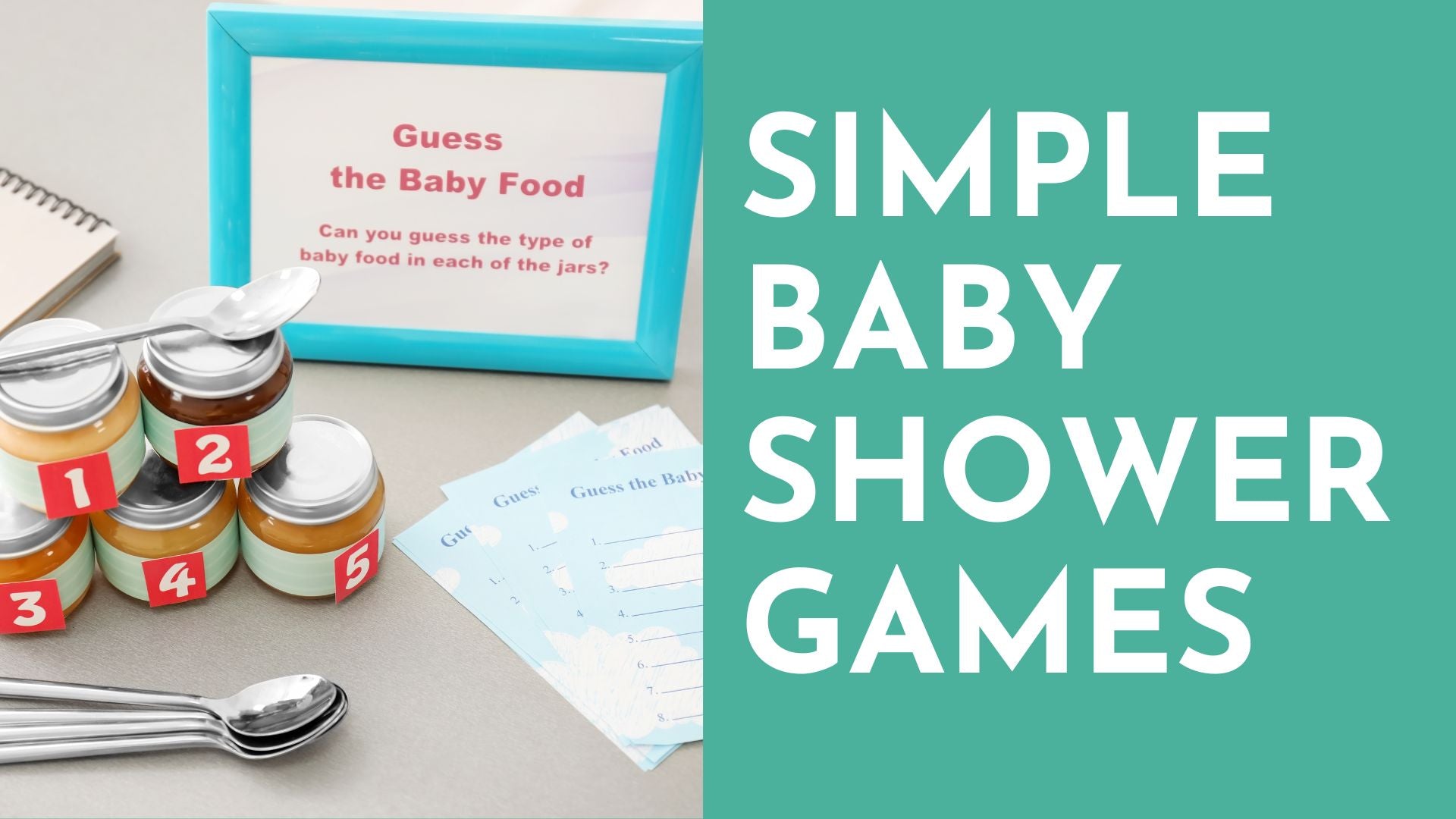Why Do Babies Grind Their Teeth? Understanding Infant and Toddler Bruxism
Many parents are startled to hear grinding or squeaky noises coming from their baby’s cot during the night. This is often due to bruxism, or teeth grinding. According to dental experts, it affects about 20–30% of children, particularly during early development. While typically harmless and short-lived, the sound can be worrying. In this guide, we’ll explore the causes of baby bruxism, identify key signs, explain when to consult a professional, and offer home-friendly remedies.
Common Reasons Babies and Toddlers Grind Their Teeth
Exploring their new teeth:
Teeth grinding often starts once a baby’s first teeth come in between 6 and 12 months as they get used to the sensation of upper and lower teeth touching. It’s part of oral exploration. (NHS – Baby Teething Symptoms) Teething discomfort or earache:
Grinding may be a self-soothing response to pain from teething or an ear infection. These conditions can cause jaw tension that triggers grinding reflexes. (NHS – Baby Teething Symptoms) Bite misalignment (malocclusion):
Incorrect alignment of the teeth can encourage jaw sliding during sleep. Long-term dummy use or thumb-sucking may contribute to this issue. Sleep-stage arousals:
Bruxism frequently occurs during light sleep phases when the brain briefly awakens while the body remains in sleep mode.
Less Common and Underlying Triggers
Emotional stress or change:
Toddlers, especially, may begin grinding in response to anxiety caused by major changes such as starting nursery or a new sibling arriving. (Young Minds – Anxiety in Children) Airway and breathing difficulties:
Conditions such as mouth breathing or enlarged tonsils can cause the jaw to shift forward at night, leading to grinding. (Sleep Foundation – Teeth Grinding in Children) Neurological or medical concerns:
Though rare, bruxism is more prevalent in children with neurological conditions like cerebral palsy, or those on certain medications. Consult a paediatrician if you suspect this may apply. Inherited tendencies:
If either parent had a history of teeth grinding as a child, it’s more likely their child will experience the same issue.
Signs That Your Baby May Be Grinding Their Teeth
-
Noticeable grinding or clicking sounds during sleep
-
Flattened or chipped baby teeth
-
Facial rubbing or complaints of jaw pain (in toddlers)
-
Sleep disturbances or crankiness during the day
When to Be Concerned
Generally harmless:
Mild, occasional grinding without damage is considered normal and often resolves naturally by age six. Seek help if:
You observe persistent grinding, worn teeth, snoring, or pain. A visit to your family dentist or GP is recommended to rule out underlying issues.
What Parents Can Do: Remedies and Tips
-
Avoid waking your child during grinding episodes: This can lead to sleep disruption and may worsen the habit.
-
Use chilled teething rings: These help relieve pressure in the gums.
-
Create a calming bedtime routine: A warm bath, soothing music, and quiet storytelling can promote better sleep. (The Lullaby Trust – Safer Sleep Advice)
-
Address any airway issues: If your child breathes through their mouth or snores often, speak to your GP.
-
No need for night guards (usually): Most toddlers do not require mouth guards, but your dentist can assess the need based on your child’s development.
Prevention and Long-Term Outlook
While you can't always stop bruxism, these steps can reduce risks:
-
Discourage prolonged use of dummies or thumb sucking
-
Limit sugar intake to support oral health
-
Schedule routine dental visits starting by age one Most children outgrow bruxism naturally as they transition to permanent teeth.
Final Thoughts
Teeth grinding can be unsettling to witness, but it’s rarely a cause for alarm. With a few preventive measures and some comfort strategies, most babies and toddlers pass through this phase without complications. Consistent dental and sleep routines go a long way toward keeping those little grinds under control.
Sources & Further Reading



